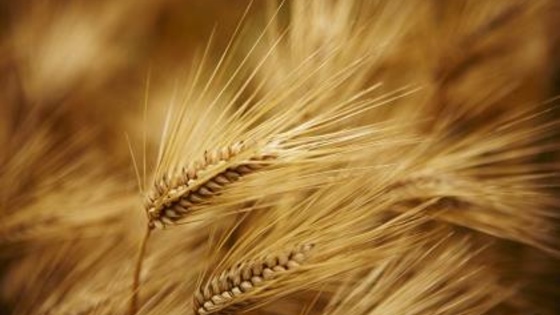Terpal
Terpal is a growth regulator which shortens and stiffens the straw of barley, winter wheat, triticale and winter rye by reducing the length of internodes. Terpal will prevent or suppress early lodging during the vital crop heading stage and thus allow optimum fertiliser use for production of maximum yields in intensive growing systems.
Terpal
Terpal is a growth regulator which shortens and stiffens the straw of barley, winter wheat, triticale and winter rye by reducing the length of internodes. Terpal will prevent or suppress early lodging during the vital crop heading stage and thus allow optimum fertiliser use for production of maximum yields in intensive growing systems.
Benefits
- Increases resistance to stem lodging by one point and resistance to root lodging by almost two points (Source: ADAS)
- The best product to reduce brackling in barley
- Co-formulation of mepiquat chloride and 2-chloroethylphosphonic acid in an SL formulation
Product Overview east
Product Downloads and Links
| Label | |
|---|---|
| Safety data sheet | |
| BASF Compatibility List |

